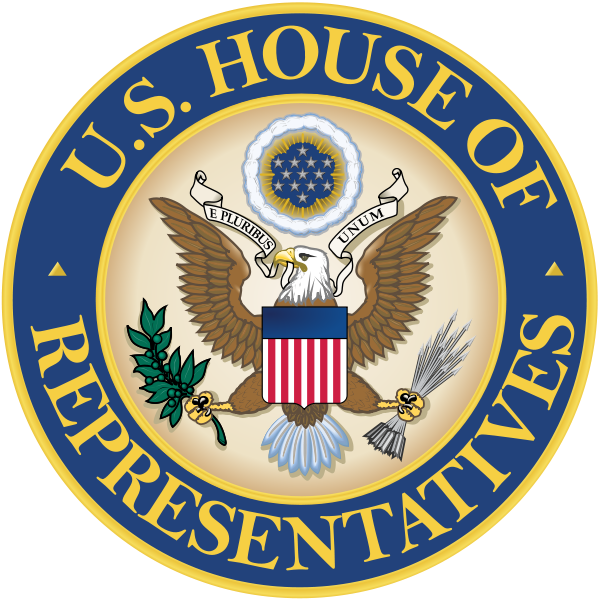House Passes FY 2018 Omnibus Spending Bill

Late last week, the House voted largely on party lines (211-198) to pass a $1.23 trillion Fiscal Year (FY) 2018 omnibus spending bill that includes funding for HUD and USDA housing programs. The Make America Secure and Prosperous Appropriations Act for FY 2018, H.R. 3354, is now headed to the Senate but is not expected to be brought up for a vote there. Instead, the measure may be used as the House’s starting position for negotiations over full-year FY 2018 appropriations legislation that could take place later this year. Earlier this month, Congress passed an extension of federal funding at current levels through December 8. Senate leaders have said that further Senate action on FY 2018 appropriations may be delayed until House, Senate, and Administration representatives reach agreement on overall FY 2018 spending limits.
The House-passed FY 2018 omnibus provides $511 billion for non-defense spending, including HUD and USDA housing programs, which is $8.7 billion below FY 2017 levels and $3 billion less than the 2011 Budget Control Act (BCA) spending caps allow for in FY 2018. In contrast, the omnibus provides $621.5 billion for defense spending in FY 2018—$70.4 billion more than the FY 2017 enacted level and $72.4 billion more than the BCA caps allow in FY 2018. If enacted, H.R. 3354 would trigger across-the-board spending cuts known as sequestration for defense programs because the legislation violates the BCA spending caps for defense spending.
The omnibus provides $38.3 billion in total net discretionary spending for HUD programs, $483 million less than the FY 2017 enacted level. This overall amount is unchanged from the bill the House Appropriations Committee passed on July 17, but the House adopted the following amendments that shift funding among HUD programs:
- An amendment offered by Representative Soto (D-FL) to increase funding for the Section 202 Housing for the Elderly program by $2.5 million, offset by a $2.5 million reduction to HUD’s Office of Policy Development and Research.
- An amendment by Representatives Velázquez (D-NY), Serrano (D-NY), Espaillat (D-NY), Meeks (D-NY), Maloney (D-NY), and Meng (D-NY) to increase the public housing capital fund by $2 million, offset by a $2 million reduction to HUD’s Information Technology (IT) Fund.
- An amendment by Representatives Tenney (R-NY) and LoBiondo (R-NJ) that would shift $10 million in funding from the Public Housing Operating Fund to the Community Development Block Grant (CDBG) program.
- An amendment by Representative Nadler (D-NY) to increase funding for Housing for Persons with AIDS (HOPWA) program by $19 million, offset by a $19 million reduction to HUD’s IT Fund.
- An amendment by Representative Knight (R-CA) to increase funding for CDBG by $100 million, offset by a $100 million reduction to HUD’s IT Fund.
- An amendment by Representative DeSaulnier (D-CA) to increase funding for the Section 4 Capacity Building program by $5 million, offset by a $5 million reduction to funds initially set aside for FHA administrative contract expenses.
- An amendment from Representative Stivers (R-OH) to shift Fair Housing Initiatives Program (FHIP) funding designated for private nonprofit organizations toward state and local governments participating in the Fair Housing Assistance Program (FHAP).
The House also voted 225-195 in favor of a “sanctuary cities” amendment offered by Representative Smith (R-MO) that prohibits HUD from providing funds to states and local governments that prohibit or in any way restrict sending to or receiving from the Immigration and Naturalization Service information regarding the citizenship or immigration status of any individual.
Representative Kildee (D-MI) introduced and withdrew an amendment that would have increased funding for the HOME Investment Partnerships program by $100 million and offset the increase by reducing Federal Aviation Administration funding by the same amount. During floor debate, Kildee said he had talked to both House THUD Subcommittee Chairman Diaz-Balart (R-FL) and Ranking Member Price (D-NC) about the importance of HOME and vowed to work with them to ensure Congress adequately funds this program moving forward.
The House rejected three amendments sponsored by Representative Grothman (R-WI) that would have reduced funding for tenant-based rental assistance, project-based rental assistance, and HUD overall funding. The House also rejected Representative King (R-IA) and Perry’s (R-PA) amendment to prevent funds from being used to implement, administer, or enforce the Davis-Bacon Act.
For updated information on specific program funding levels, please see NCSHA’s updated Appropriations Chart.

